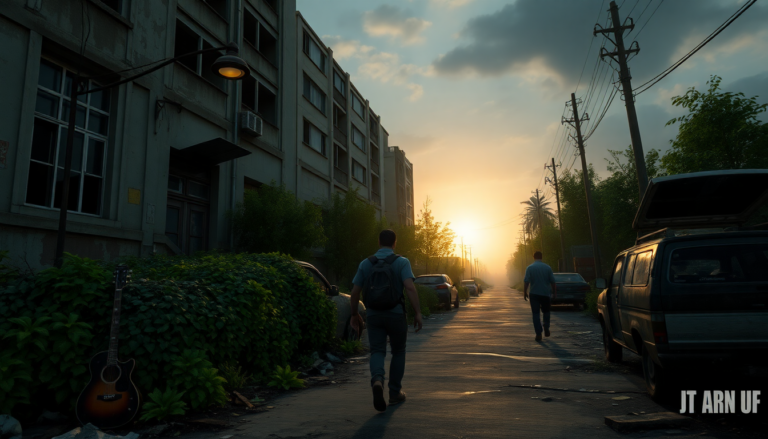Argomenti trattati
The journey of Dead Island 2 has been anything but smooth. Initially announced back in 2014, this highly anticipated game faced a barrage of delays and development hurdles that pushed its release all the way to 2023. According to former Deep Silver communications head Martin Wein, the decision to completely overhaul the game was essential. He described the original version, which was slated for a 2015 release, as potentially disastrous for the franchise. With feedback suggesting a significant disconnect between player expectations and the game’s direction, the developers made the bold choice to scrap their initial efforts, leading to an extensive eight-year delay.
What went wrong during development?
Dead Island 2’s development has been a rocky road filled with complications and setbacks. After its grand reveal at E3 2014, excitement was at an all-time high. However, shortly after the announcement, Wein noted that the game received “horrific” feedback during playtests. Players lamented, saying, “this is not fun, this is not engaging, this does not feel like the Dead Island that I played.” Such critical feedback left the development team with no choice but to rethink their entire approach.
Wein emphasized the significance of player research, stating that it ultimately paved the way for the game’s success—albeit at the cost of an extended development timeline. The decision to delay and overhaul the project was driven by a desire to avoid launching a subpar product that could jeopardize the franchise’s future. By confronting the divide between player expectations and the game’s trajectory, the team made the tough call to abandon the original version entirely.
Initially in the hands of Yager, the studio known for Spec Ops: The Line, the project changed hands several times. After Yager’s version was canceled, Sumo Digital took over, and eventually, in 2019, Deep Silver brought the project in-house to Dambuster Studios. This shift allowed for more direct oversight and a fresh perspective on the game.
The impact of market research
In a conference talk entitled “Product/Market Fit – What Does it Mean and How Do We Achieve it?”, Wein reflected on the critical role of market research in saving Dead Island 2. He stressed that grasping player expectations was vital for redirecting the project. “At that point, Deep Silver did the right thing, and Dead Island 2 was a commercial success in the end,” he stated, highlighting how aligning game development with player desires can yield fantastic results.
The original version of Dead Island 2 eventually leaked in 2020, providing a glimpse into what could have been. However, the gameplay footage suggested a product lacking the engaging elements players had come to expect from the franchise. Fortunately, the decision to pivot allowed the development team to refine and enhance the game.
Despite the protracted development process, the eventual release of Dead Island 2 proved to be worth the wait. Launched in April 2023, the game achieved remarkable sales, surpassing two million copies within its first month. This success marked the best game launch in Deep Silver’s history, showcasing the effectiveness of the strategic delays and revisions made throughout development.
A lesson in resilience
The saga of Dead Island 2 serves as a powerful reminder of the value of resilience in game development. From catastrophic setbacks to a triumphant launch, this journey underscores the importance of listening to player feedback and adapting to market demands. As the gaming industry continues to evolve, the decisions made by Deep Silver in the face of adversity may well serve as a blueprint for future projects.
In conclusion, while Dead Island 2 faced significant challenges throughout its development, the ultimate choice to prioritize quality and player satisfaction truly paid off. The game’s success is a testament to the fact that sometimes, taking a step back and reassessing can lead to greater achievements in the long run. So, what can we learn from this journey? Perhaps that patience and adaptability are key ingredients for success in the ever-evolving landscape of gaming.

